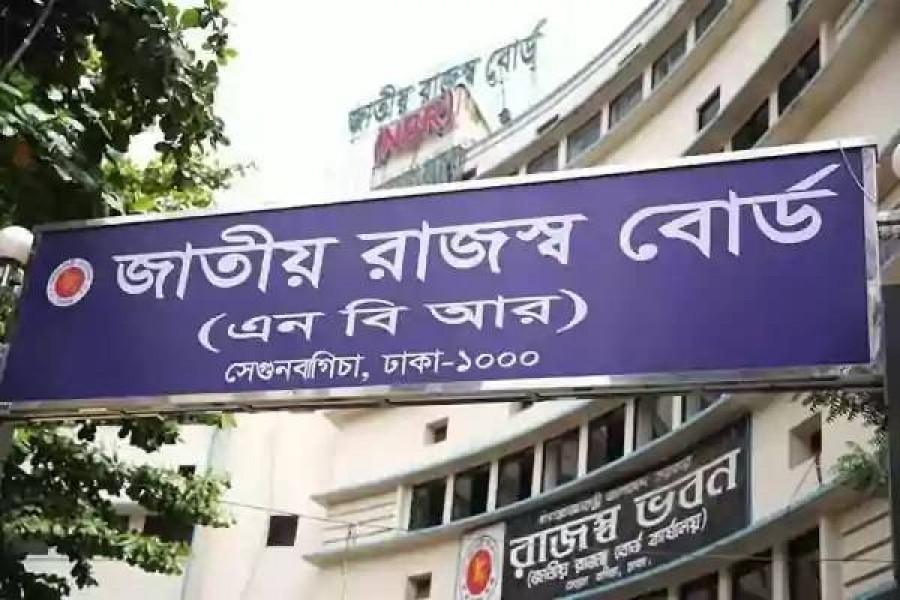The National Board of Revenue (NBR) is learnt have got, what it said, history's highest amount of undisclosed money legalised by the end of last fiscal, FY2020-21. This has been possible, thanks to the very favourable government provision of paying a penal tax at the flat rate of 10 per cent against the undisclosed money to be whitened. Obviously, the other motivating factor that prompted the black money-holders to cooperate was the assurance in the provision that no authorities could question the source of the black money so whitened. Small wonder that the NBR by June 2021 received Tk 20 billion as tax from undisclosed money worth Tk 206 billion from the black money-holders.
Evidently, the tax people have found the exercise amply rewarding. Because in the previous cases, the black money-holders used to show a rather lukewarm attitude towards similar offers from the government to legalise their money. In this connection, it would be worthwhile to refer to the past record where over the period of one decade and a half between 2005 and 2020, the total amount of black money whitened was only Tk 145.95 billion. But compared to that in the present case, the collection of Tk 206 billion worth of undisclosed money in a single financial year, FY21, is indeed noteworthy.
However, the amount of black money disclosed so far including that in FY21 at Tk 206 billion is but peanuts if one considers the actual magnitude of black money most likely circulating as shadow economy in the market. According to a study conducted by the International Monetary Fund (IMF) in 2018, the shadow economy was around 30 per cent or close to one third of the country's Gross Domestic Product (GDP). Considering that the country's GDP in 2020 was USD329.12 billion, one would be required to do simple arithmetic to figure out the humongous shadow or black economy being talked about here. That in other words means that so far the tax people have been able only to scratch the surface of what is called the undisclosed money in the economy. Under the circumstances, the NBR, or for that matter the government, needs to have a rethink of the entire issue of mopping up or legalising undisclosed money.
Meanwhile, the tax authority would do well to concentrate more on legal income earners and incentivise them so they may come under the government's tax net. At this point, it is reassuring to learn that the government has published a simplified income tax guideline for FY22. Understandably, the aim of the guideline is to enable individuals to fill in the income tax return forms by themselves and calculate payable tax without the help of any professionals. It is believed that the simplified guideline would be able to dispel the general public's fears surrounding preparation of income tax returns. What is more important at this point is the need for building trust between the taxpaying public and the tax collectors at the field level. In fact, the public would like to have tax people who are friendly and helpful and with whom they can share their concerns without any risk. As with the holders of undisclosed income, a more relaxed tax regime will be the best motivation for the honest income-earning public to come forward to pay tax. That would go a long way towards meeting the government's annual revenue earning targets.


